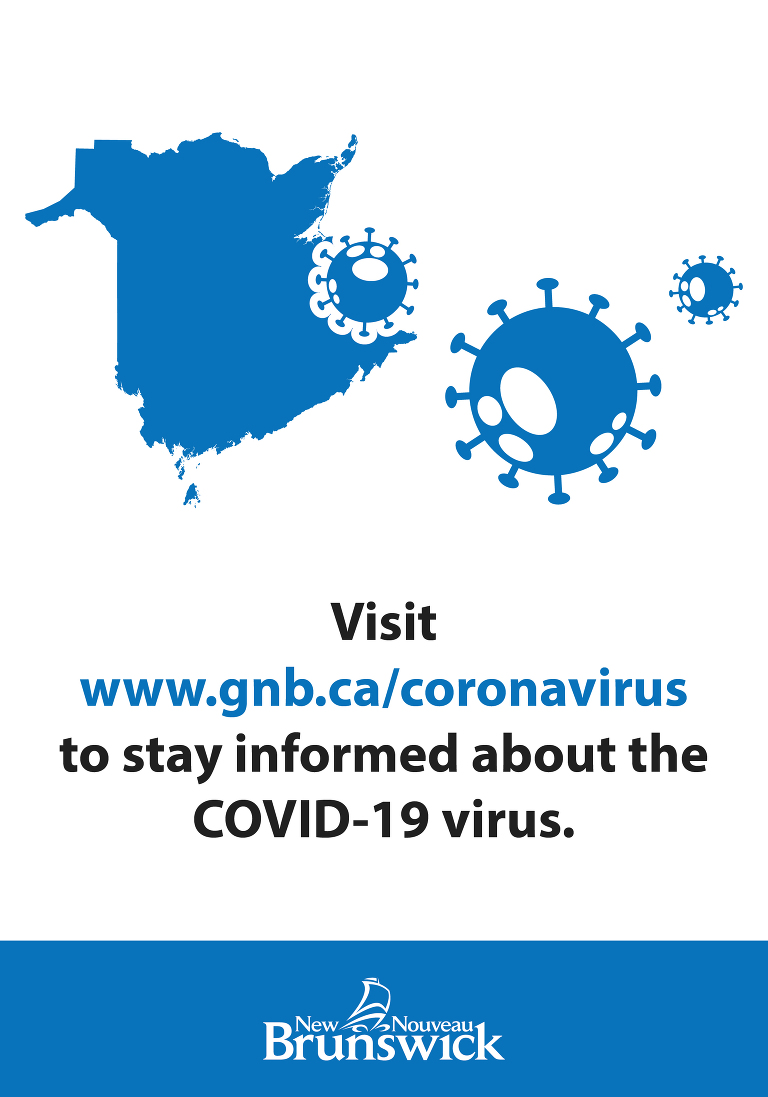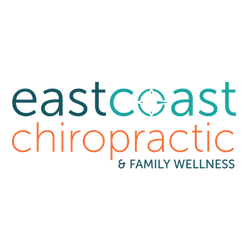.png)
This post is presented by Kristin Brown of Grounded Health
The ketogenic diet has hit social media by storm the past few years and chances are, you know someone who is following it. But big question, what’s all the hype about? Is it healthy? Let’s dive into that today! Before we get started, I want you to know that I do not recommend following this eating style if you’re not working with a Registered Dietitian.
The information below is recommended for general information purposes and should not be used as a replacement for professional medical advice, diagnosis or treatment.
For those of you who follow me on social media, you know that I often talk about the ketogenic diet and even use it with clients in my practice. Do I think it’s the holy grail of diets and everyone should follow it? Absolutely not. Do I think it’s your only option if your goal is weight loss? Absolutely not. Do I think a lot of people follow the ketogenic diet in an extremely unhealthy way? Absolutely!
I use the ketogenic diet as a tool for some of my clients with the plan to transition them back into eating more carbohydrates after a period of time (usually 3-6 months, depending on the goals of the client and his/her experience with the eating style).
Before we dive in, let’s talk about what the ketogenic diet ACTUALLY is (because let’s face it, there is A LOT of misinformation out there)! A ketogenic diet is a diet made up predominantly of fat and contains moderate protein and minimal carbohydrates (usually anywhere from 20-40 grams of net carbohydrates per day). *Net carbohydrates are total grams of carbohydrates minus grams of fibre.
I get a lot of questions on social media from people who claim to be following a ketogenic diet and honestly, it frightens me that many people are out there trying to follow this eating style on their own (or under the guidance of someone who has zero training in nutritional biochemistry).
Now, let’s get into the top 5 mistakes people are making when following this eating style.
.png) 1. Eating too much protein (in place of fat in the diet)
1. Eating too much protein (in place of fat in the diet)
When people put together their own ketogenic diets, they often try to incorporate components of the popular high protein diet (sometimes unknowingly). If your diet is made up mostly of meat, cheese, keto bars and bacon, it’s easy to overdo it on protein and end up skewing your macronutrient distribution. What we want to do is train the body to burn fat for fuel, but if our diet is made up of mostly protein, our body will likely convert some of that protein into carbohydrates for fuel (a process called gluconeogenesis).
.png) 2. Not eating enough vegetables
2. Not eating enough vegetables
If you’ve ever looked at #ketodiet on Instagram, it can be quite alarming at what people are consuming and thinking is a “healthy” keto choice. My clients consume 3-4 cups of vegetables per day while following a ketogenic diet. Vegetables are a key source of vitamins, minerals and fibre and are a critical component of everyone’s diet for optimal health. We also have to remember that prebiotics (food for the probiotics) come from many different vegetables like garlic, onions and artichokes.
.png) 3. Not consuming enough fibre
3. Not consuming enough fibre
One side effect that many people experience while following a ketogenic diet is constipation due to low fibre (and sometimes low fluid) intake. A ketogenic diet can be very rich in fibre and you can reach the 25-35 gram per day target through strategic planning. Vegetables, fruit (especially raspberries and avocadoes) and nuts and seeds are an amazing source of fibre and if included in large enough quantities, you can reach your fibre goals each day!
If you’re struggling with constipation, check out my post on troubleshooting constipation HERE!
.png) 4. Not balancing electrolytes
4. Not balancing electrolytes
This concept can be a little bit confusing but the major electrolytes that I am referring to here are sodium and potassium. When we are following a ketogenic diet (and not consuming a ton of packaged foods), our intake of electrolytes like sodium and potassium can be a bit too low.
Symptoms of low sodium intake are fatigue, weakness and headaches and symptoms of low potassium intake are muscle cramps or twitches and heart palpitations.
The most concentrated source of sodium is salt. So adding salt to your food can help you boost up your intake to potentially avoid these symptoms. Your sodium intake should range between 1500-2300 mg/day (with some exceptions).
Some great food sources of potassium are avocados, Swiss chard, mushrooms, spinach, broccoli and salmon. The Adequate Intake of potassium for adult males is 3600 mg/day and for women is 2400 mg/day (with some exceptions).
 5. Eating too many packaged foods
5. Eating too many packaged foods
Food quality matters. If you’re hitting up fast food drive thrus for lettuce wrapped burgers or consuming tons of packaged keto bars or snacks day after day, this is not supporting your health. A well-formulated ketogenic diet is based around whole foods: meat and fish, nuts and seeds, vegetables, fruit and healthy oils. It doesn’t mean a packaged bar or a restaurant meal can’t fit, it just means that 80% of the time you’re eating whole foods. I see way too many people relying on bars and drive thrus for their meals because they are “keto” friendly but trust me, they are doing nothing for your health.
Can you follow a ketogenic diet long term?
Research on the long-term effects of the ketogenic diet is limited. This is not an eating style that I can ethically recommend long term (unless using for therapeutic reasons where the benefits outweigh any risks). My biggest concern is that people are reading online or in magazines that a ketogenic diet can be healthy (which I also believe to be true) but then trying to manage it on their own and end up causing more harm than good. Yes, weight loss may happen for you but at what cost? And will you be able to maintain that weight you lost?
I NEVER recommend trying this diet on your own without first discussing it with your physician and/or dietitian. If you’re set on giving this eating style a try, I encourage you to reach out. I have been working with clients following a ketogenic diet since 2013 and would be happen to answer your questions.
If you’d like to learn more about a ketogenic diet, I have a free webinar that you can access anytime HERE and have written another post about the pros and cons of a ketogenic diet HERE. If you’re interested in working together, many people have coverage for a Registered Dietitian through their health benefits and I run my practice virtually, so if you’re not local to Fredericton, no problem ☺ .
Finally, be sure to follow me on Facebook and Instagram, where I share a ton of free nutrition information daily! I’d love to know what you guys would love to learn about next month in my article! Send me over a message on social media and let me know ☺
Yours in health,
Kristin
 Hi! My name is Kristin Brown and I am a Registered Dietitian and the owner of Grounded Health, a virtual nutrition consulting practice with clients across the country. In my practice, I work with women to optimize their health, boost their fertility and grow healthy babies using science-based nutrition and lifestyle practices.
Hi! My name is Kristin Brown and I am a Registered Dietitian and the owner of Grounded Health, a virtual nutrition consulting practice with clients across the country. In my practice, I work with women to optimize their health, boost their fertility and grow healthy babies using science-based nutrition and lifestyle practices.
Although I have been trained in mainstream dietetics, I am extremely passionate about functional medicine and I believe that balanced food choices is one of the best ways to keep our bodies and minds healthy.
When I am not busy connecting with my clients and writing blog posts and recording podcasts on the latest nutrition topics, I love being active and spending time with my husband, twin toddlers and dachshund, Nellie.
You might also like…
.png)



















